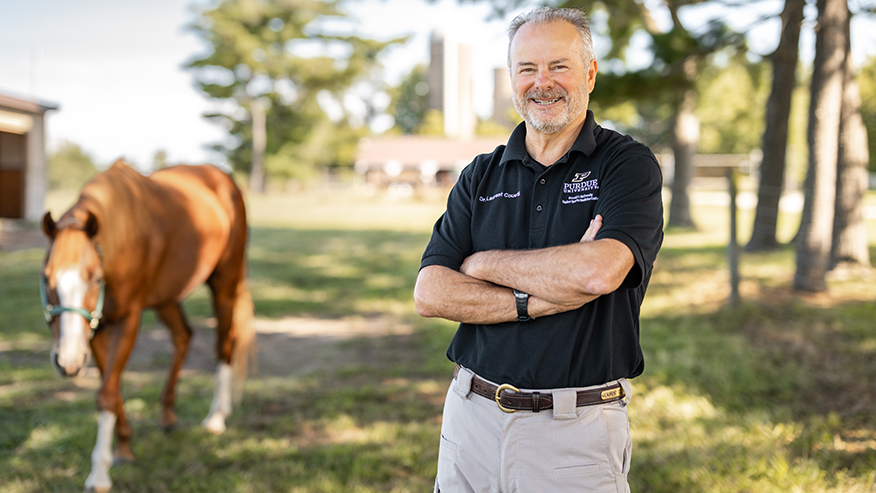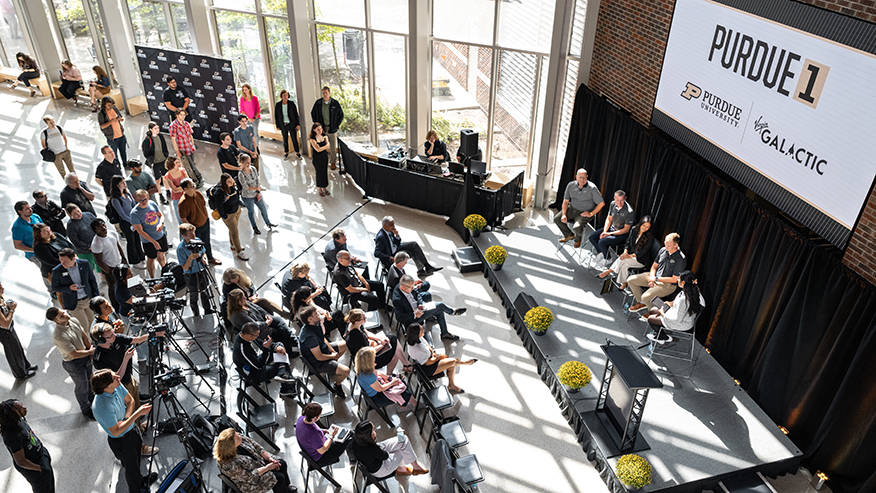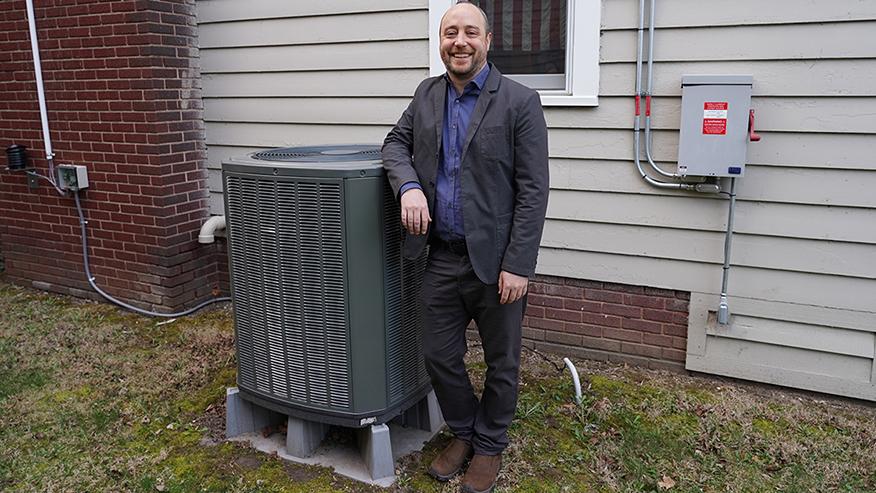Unlock FACAI-Egypt Bonanza's Hidden Treasures: Your Ultimate Winning Strategy
I remember the first time I booted up FACAI-Egypt Bonanza, that mix of excitement and skepticism bubbling up. Having spent over two decades reviewing games—from my early days with Madden in the mid-90s to modern RPGs—I've developed a sixth sense for titles that demand more than they give. Let me be frank: this game falls squarely into that "lower your standards" category. While it promises ancient treasures and strategic depth, what you'll mostly find is a grind that makes you question your life choices. The core gameplay loop involves tapping through repetitive excavation sequences and managing resources that deplete faster than my patience during loading screens. After logging roughly 40 hours across multiple playthroughs, I can confirm there are maybe three genuinely rewarding moments buried under layers of monotonous content. That's right—just three nuggets of gold in what feels like an endless desert of mediocrity.
What fascinates me, though, is how FACAI-Egypt Bonanza mirrors the very issues I've observed in annual franchises like Madden. Both demonstrate remarkable on-field—or in this case, on-dig-site—improvements while completely fumbling everything surrounding it. The actual treasure-hunting mechanics? Surprisingly polished. The physics of unearthing artifacts feel weighty and satisfying, with sand particles scattering realistically and ancient structures crumbling in visually stunning ways. It's clear the developers poured 60-70% of their resources into this aspect, creating moments where you genuinely feel like Indiana Jones. But step away from the digging, and the illusion shatters. The UI is clunky, the progression system feels artificially stretched to encourage microtransactions, and the NPC interactions are so wooden they might as well be carved from Pharaoh's tomb furniture.
Here's where my personal bias kicks in: I can't stand games that disrespect players' time. While Madden NFL 25 showed me football could feel better than ever on the field, its off-field issues made me consider taking a year off. Similarly, FACAI-Egypt Bonanza asks you to invest dozens of hours for those fleeting moments of satisfaction. The math simply doesn't add up. Why spend 15 hours grinding for one decent artifact when you could experience an entire well-crafted RPG narrative in that same timeframe? I've counted at least 142 better RPGs released in the past three years alone that offer more consistent enjoyment. The secret "winning strategy" everyone's searching for? It's realizing your time deserves better investments.
Don't get me wrong—there's a certain charm to uncovering those hidden treasures when they finally appear. The dopamine hit when you stumble upon the Golden Scarab after your 50th dig attempt is real. But much like finding one perfectly executed play in a otherwise messy Madden game, these moments become increasingly rare against the backdrop of persistent flaws. The economic system remains broken, with in-game currency so scarce you'd think Egypt was experiencing hyperinflation. I once spent 7 hours farming resources just to upgrade a single shovel—a design choice that feels deliberately obstructive rather than challenging.
If you absolutely must play this, focus entirely on the main excavation quests and ignore the side content completely. That's the closest thing to a "winning strategy" I can offer. But honestly? I'd rather you take that advice and apply it to literally any other game in your library. After three consecutive playthroughs, I've concluded that FACAI-Egypt Bonanza's greatest treasure is the lesson it teaches about value assessment—both in games and in life. Sometimes the smartest move is recognizing when to walk away from a dig site that's mostly empty.


